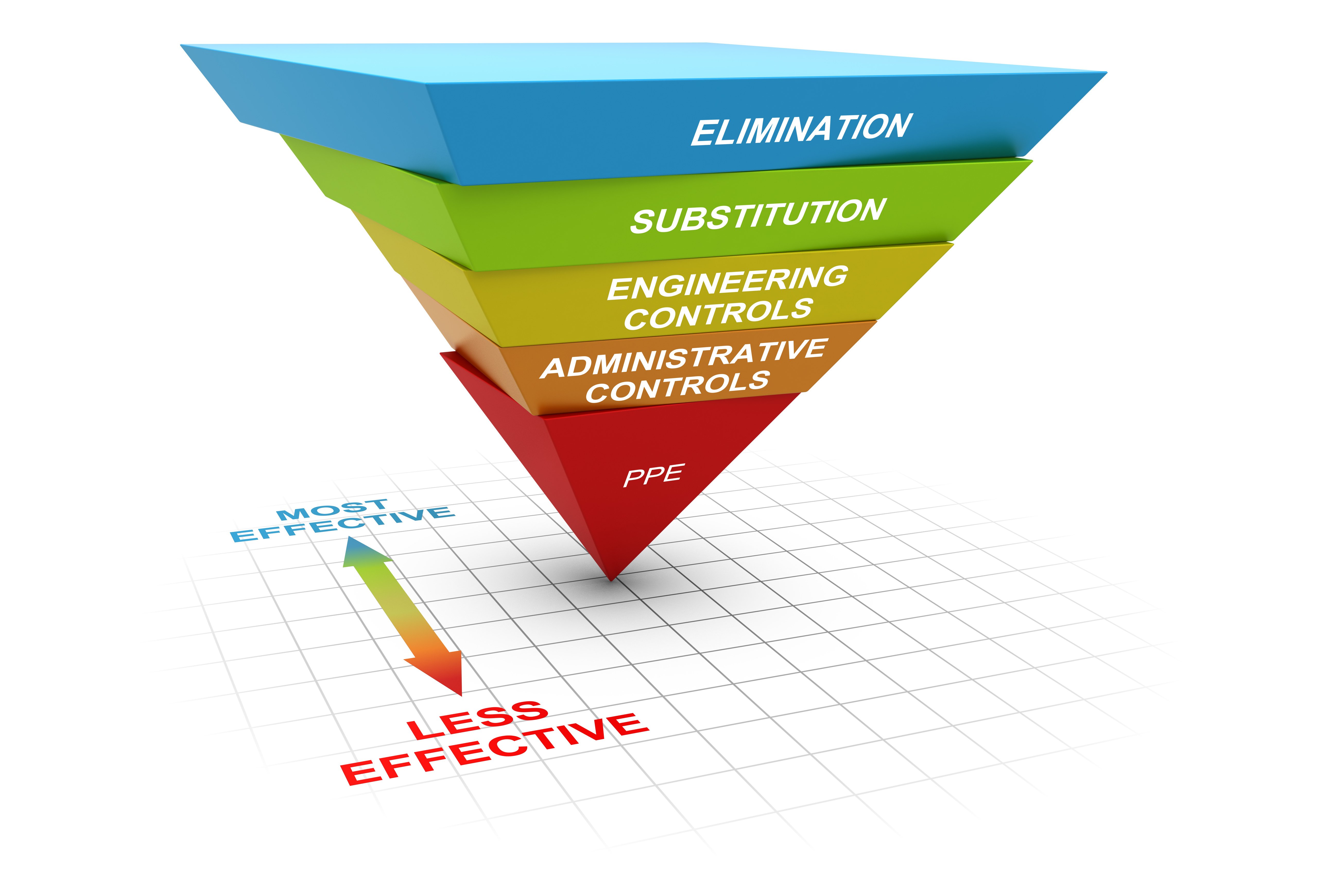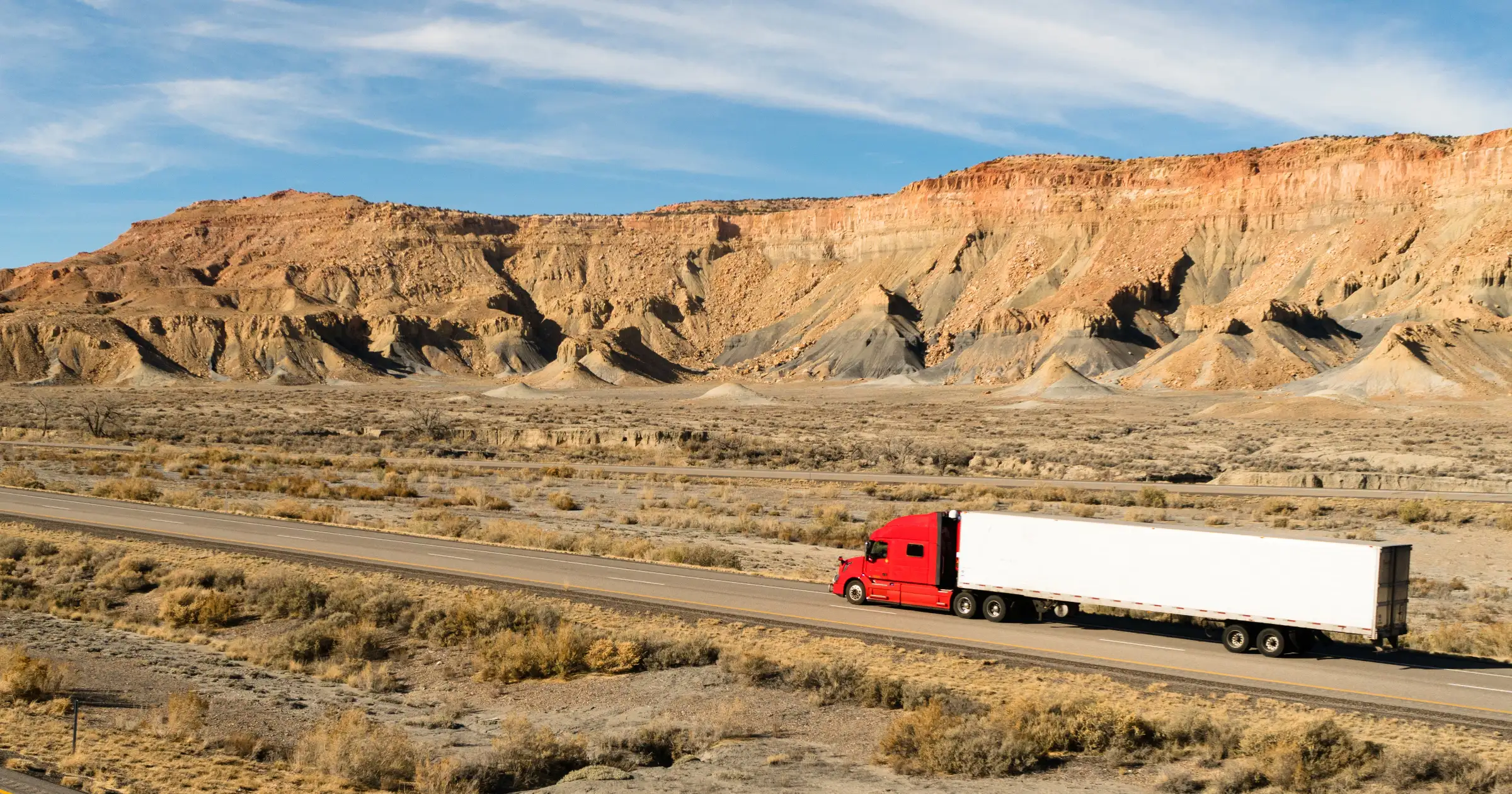Understanding how you can control hazards in the workplace
Graphic via CDC.GOV.
Safety is about protecting employees and others from physical hazards that...
Trailer Interchange coverage from Great West provides motor carriers, owner-operators, and truck drivers with Physical Damage insurance for trailers, shipping containers, and frames you don’t own. It provides you with essential financial protection from liability if there is damage to a trailer while it is in your possession. It also can cover your trailers in someone else's possession.
With the growth of freight shipping, it is common for motor carriers to pull trailers owned by other companies. But, when you’re hauling another company’s trailer, the trailer’s Physical Damage coverage doesn’t simply transfer along with the container.
When you work under a trailer interchange agreement, the contract transfers financial responsibility for a trailer from one motor carrier to another in order to complete a shipment. The truck driver or trucking company in possession of the trailer is responsible for paying for any damages that happen while they have the trailer.
That means your trucking company needs its own Physical Damage insurance for the trailer when you’re responsible for a leg of a shipment.
Great West’s Trailer Interchange coverage is an endorsement — or amendment — that modifies your underlying Physical Damage insurance policy. It modifies your Physical Damage coverage to a trailer being hauled under a trailer interchange agreement.
The Trailer Interchange endorsement specifies the names of the companies involved in the delivery, where a trailer transfer will take place, and the transportation fees associated with the delivery.
You need Trailer Interchange insurance to protect your business when you’re in possession of a trailer that belongs to someone else, or if you allow another motor carrier to use your trailer.
Many shippers also require that motor carriers have Trailer Interchange coverage in order to work with them. So, before you contract to pull a load, check with your shipper on their requirements.
Trailer Interchange coverage provides owner-operators, motor carriers, and drivers with financial protection from legal liability for physical damage to trailers that belong to other companies.
Under a trailer interchange agreement, your trucking company’s coverage must equal the value of the shipping company’s insurance coverage.
Your Trailer Interchange coverage ideally will be equal to the value of all of the shipping units in your possession, including any empty containers you’re holding and plan to return to the shipper at a later time.
Additionally, you may also be responsible for containers and frames while you’re waiting to load in a shipper’s yard.

Great West Trailer Interchange coverage includes two additional options:
Trailers can be interchanged based on an oral or written agreement.
Coverage can apply on an excess basis — that is, in addition to your policy’s Physical Damage coverage — or as part of the primary coverage. There is no difference in premium for this option.

This summary is intended for informational purposes only and does not replace or modify the definitions or information contained in any insurance policy or declaration page, which controls all coverage determinations. Terms and conditions may vary by state, and exclusions may apply.

Great West |
Graphic via CDC.GOV.
Safety is about protecting employees and others from physical hazards that...

Great West |
Not all insurance is created equal, especially when you’re running your own rig. The wrong...

Great West |
In the trucking industry, the most visible...